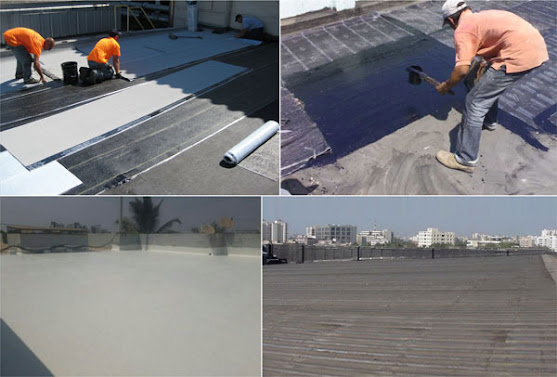How To Use Admixture In Concrete Mix
It has to be agreed that concrete is one of the most abundant building materials on earth. It is mixed with aggregate, sand, and water to form a potent and durable mixture. Admixture in concrete mix orer is the most critical component in batching procedure. It helps enhance fundamental properties in the final concrete product while ensuring they meet specific quality requirements.
Admixture
is a Powder Mixed with Water to Make Liquid Concrete, Which has Different
Proportions of Aggregates.
Admixture is a powder mixed with water to make liquid concrete, which has different proportions of aggregates. As per the concreteadmixture manufacturers, it's an essential ingredient in concrete because it modifies concrete properties and influences the mix design's judgment. Concrete admixtures have been used since ancient times, and their use has only grown over time.
Concrete admixtures are added to the concrete mix before or during mixing. They can be either dry or liquid, and each type has advantages and disadvantages. Dry admixtures are easier to work with and store, but they can be difficult to distribute throughout the mix evenly. Liquid admixtures are more challenging to work with, but they're easier to spread throughout the mixture evenly.
Admixtures
can be used to change the properties of concrete in several ways, including:
· Modifying the setting time is useful when working in hot weather or pouring.
How
does Admixture Increase the Strength and Durability of your Concrete Mix?
Admixture is a material added to concrete, mortar, or grout during the mixing process that modifies one or more of the properties of fresh or hardened concrete. As stated by the top construction chemicalcompany in India, admixtures can increase the strength and durability of your concrete mix while improving workability, setting time, and color. Benefits of using admixture in your concrete mix include:
- Improved strength and durability
- Increased resistance to weathering and freeze-thaw cycles
- Reduced shrinkage and cracking
- Enhanced workability
- Increased set time
- Vibrant colors
When
Choosing an Admixture for your Concrete Batch, What are Some Things to
Consider?
· When choosing an admixture for your concrete batch, there are a few things you need to take into account. The first is the type of admixture you need. There are many different types of admixtures, each with its specific purpose. You need to make sure you choose the right admixture for your project.
· The second thing to consider is the dosage. Admixtures are typically added in tiny amounts, so getting the dosage right is essential. Too much or too little can have negative consequences.
· Finally, it would be best if you considered compatibility. Some admixtures are not compatible with certain types of cement or aggregates. Make sure you check compatibility before adding any admixture to your concrete mix.
How
will Admixture Impact the Workability of my Fresh Concrete?
Admixtures are added to concrete to change its workability, curing time, and strength. Workability is the ability of fresh concrete to flow and be placed without segregation. According to the top waterproofing companies in India, Adding admixture to concrete can improve workability by making the mix more fluid and easier to remember. However, too much admixture can make the mixture too soupy and cause it to lose its cohesiveness, leading to poor finishing and reduced strength. Therefore, it is essential to find the right balance when adding admixture to your concrete mix.
Admixture is a substance added to the concrete mix to improve its properties. It can enhance the workability of the concrete, increase its strength, or reduce its shrinkage. The admixture should be used under the manufacturer's instructions and only by experienced bestwaterproofing company. With the proper use of admixture, your concrete will be more robust and durable.




Comments
Post a Comment